
Business and Human Capital Challenges Today and in the Future
A Research Report by the Society for Human Resource Management
Recommendation
As the world’s biggest HR organization, the Society for Human Resource Management (SHRM) moves slowly. It takes years to adopt terms and accept positions that smaller, more dynamic think tanks and thought leaders introduce. This SHRM report offers well-researched, credible and dependable conclusions from a global survey of HR professionals and leaders and non-HR senior executives. getAbstract recommends this manual and its valuable sidebars by HR experts, practitioners and academics. Many of the writers deliver worthy original insights. Be sure to notice, for example, Kari Strobel’s description of the new HR competencies. Human resource professionals and HR or non-HR leaders will benefit from this report.
Summary
About the Author
The Society For Human Resource Management (SHRM) represents more than 280,000 members worldwide.


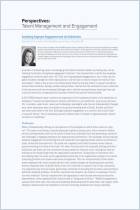
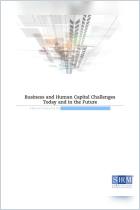
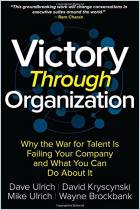
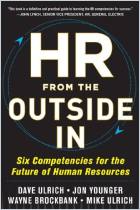
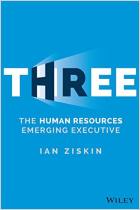




Comment on this summary